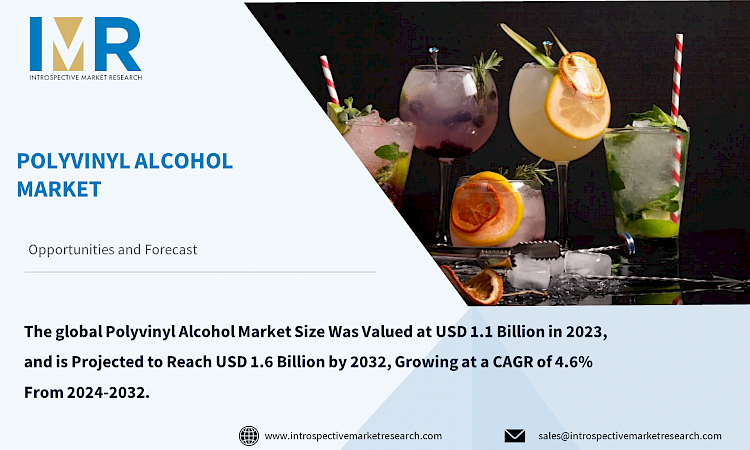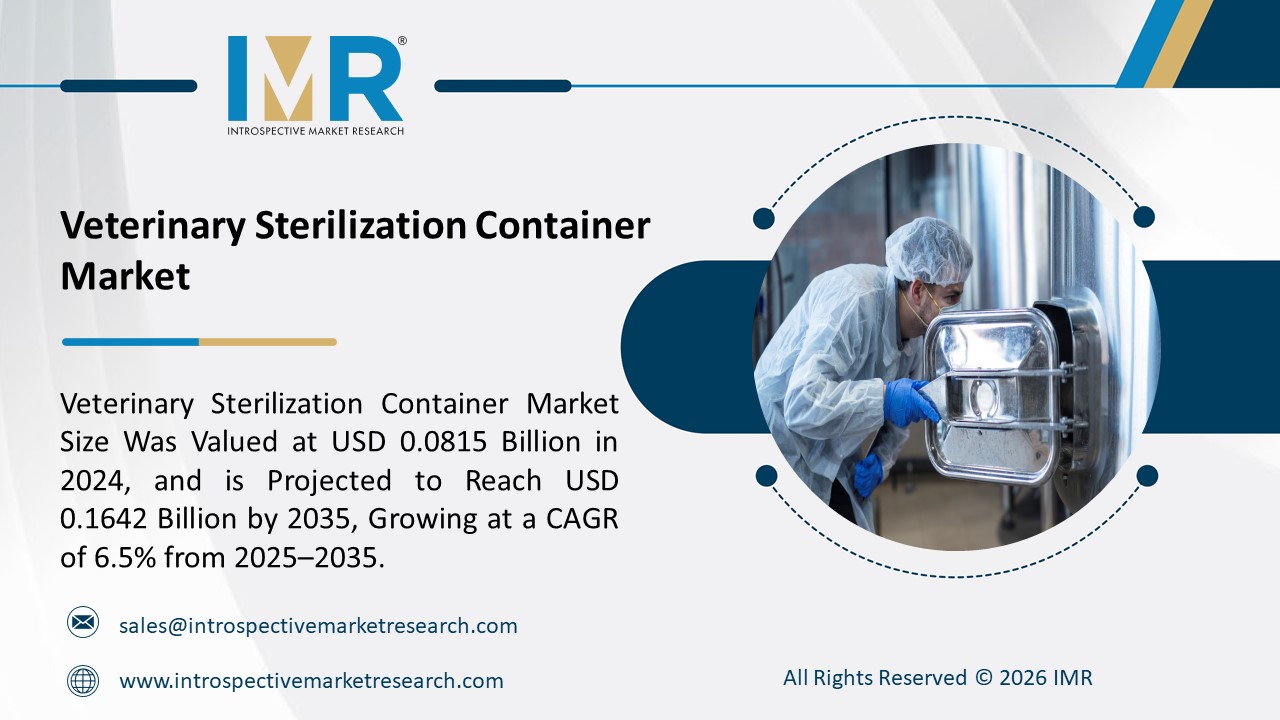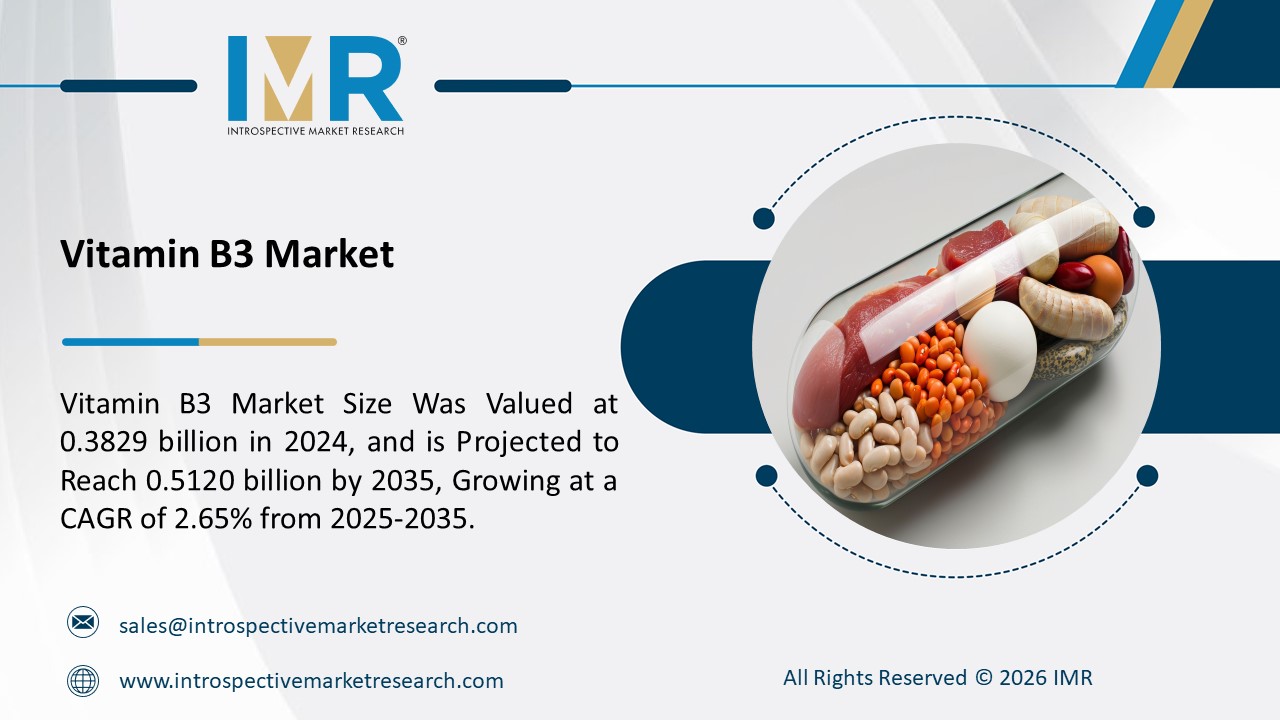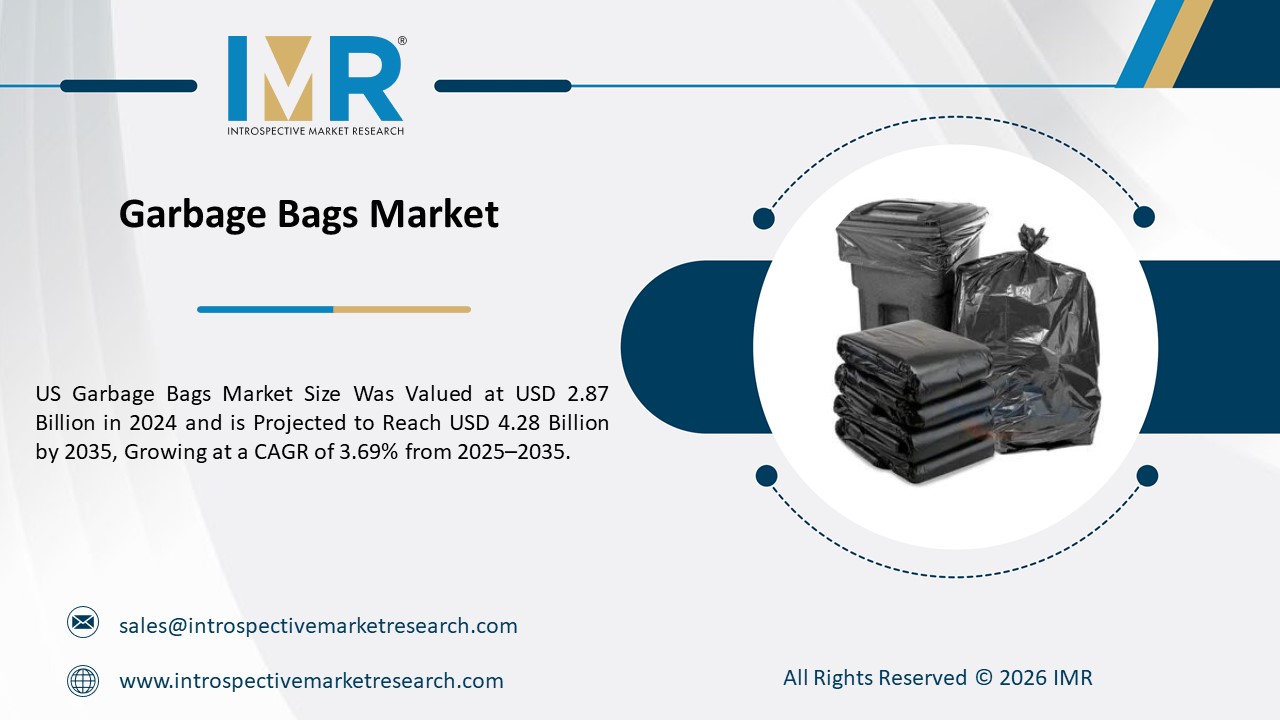Polyvinyl Alcohol Market
According to a new report published by Introspective Market Research, titled, ?Polyvinyl Alcohol Market by grade and end use industry: Global Opportunity Analysis and Industry Forecast, 2024?2032,?
the global Polyvinyl Alcohol Market Size Was Valued at USD 1.1 Billion in 2023, and is Projected to Reach USD 1.6 Billion by 2032, Growing at a CAGR of 4.6% From 2024-2032.
Polyvinyl alcohol, commonly known as PVA, is a synthetic polymer synthesized from vinyl acetate through chemical processes. It readily dissolves in water, is biodegradable, and poses no health risks to humans or animals, making it versatile across industries. Its excellent film-forming properties make it a preferred ingredient in adhesives, coatings, and film production. PVA's resistance to organic solvents enhances its suitability in these applications. In textile manufacturing, it serves as a sizing agent, aiding in fabric handling during weaving. PVA is crucial in the packaging industry for producing water-soluble materials that reduce environmental impact. Its use in food packaging benefits from its non-toxic nature and ability to provide moisture and air barrier properties. Ongoing product innovations such as biodegradable films and enhanced water absorption further drive its market growth, supported by global industrialization and increased R&D efforts.
According to the global Polyvinyl Alcohol market analysis, the market is divided by grade and end use industry and geographical division By grade, the market is categorized into fully hydrolyzed, partially hydrolyzed, sub-partially hydrolyzed, low foaming grades, and others. By end use industry, the market is categorized into paper, food packaging, construction, electronics, and others. By geography, it includes North America, Europe, Asia-Pacific, and LAMEA markets. Further, the report also covers the strategies adopted by key market players in order to sustain competitive environment and increase their market share.
The rise of sustainable packaging is marked by the increasing adoption of PVA in industries striving to mitigate environmental challenges globally. PVA stands out for its water solubility and biodegradability, making it a viable alternative to traditional plastic packaging. It finds applications in diverse sectors such as detergent pods and agricultural chemicals, where water-soluble films and pouches ensure complete biodegradation upon contact with water, aligning with consumer preferences for eco-friendly products. Furthermore, stringent regulations favoring environmentally friendly packaging solutions further drive the demand for PVA. The global textile industry, particularly in emerging markets, is expanding significantly. PVA plays a crucial role as a sizing agent in textile manufacturing, enhancing fabric attributes like tensile strength and wear resistance while increasing weaving efficiency. The industry's shift towards sustainable textiles amplifies the relevance of PVA-based sizing agents, meeting consumer demand for eco-friendly clothing without environmental compromise.
Global Polyvinyl Alcohol Market, Segmentation
The Polyvinyl Alcohol market is segmented based on grade and end-use industry, and region.
grade:
PHA possesses advantageous properties such as excellent solubility and high mechanical strength simultaneously, making it highly sought-after in industries requiring controlled water solubility, such as in water-soluble packaging production. Managing the hydrolysis process allows for products to be slightly water-soluble as needed, ensuring proper dissolution for applications like detergent capsules and single-use packaging. Partially hydrolyzed PVA also excels in film formation, crucial for applications in tapes, sealants, and bonding agents, offering strong yet flexible joints. Industries benefiting from these qualities include woodworking, paper manufacturing, and packaging. Additionally, hydrogels find use in agriculture for controlled-release fertilizer systems, optimizing nutrient management on farms.
end-use industry:
PVA, a water-soluble polymer, is widely employed in single-use packaging such as detergent pods and soluble packets for food seasonings. These formats offer consumer convenience while addressing plastic overuse. PVA's water solubility ensures complete dissolution without compromising packaged items' quality. Additionally, these films and coatings extend food shelf life and benefit pharmaceutical applications by providing moisture-proof barriers that prevent spoilage. Controlled moisture release minimizes food waste, aligning with global strategies to reduce waste and promote eco-friendly food production. PVA's food-grade classification and non-toxic nature make it ideal for food packaging.
Region:
The Asia Pacific region has emerged as a key investment hub for manufacturing sectors such as textiles, packaging, and chemicals. Its robust industrial base supports the production and development of PVA, bolstered by abundant raw materials and advanced manufacturing techniques. This positions Asia Pacific advantageously to meet rising global and domestic demands for PVA. Moreover, the region's export-oriented focus has made it a major player in the global market for PVA-based products. Asian manufacturers have enhanced their competitiveness and efficiency in production and costs, further strengthening their global supply capabilities. Urbanization and population growth are also driving increased consumer spending on PVA-intensive products like packaged goods, textiles, and construction materials.
Some of The Leading/Active Market Players Are-
- Anhui Wanwei Group Co. Ltd.
- Celanese Corporation
- Chang Chun Group
- China Petroleum and Chemical Corporation (China Petrochemical Corporation)
- Japan Vam & Poval Co. Ltd. (Shin-Etsu Chemical)
- Kuraray Co. Ltd.
- Nippon Gohsei (UK) Limited (Mitsubishi Chemical Corporation)
- OCI Company Ltd.
- Sekisui Chemical Co. Ltd.
- Solutia Inc. (Eastman Chemical Company), and Other Active Players
Key Industry Developments
- In February 2023, Mitsubishi Chemical Group (MCG) announces plans to enhance production capacity of GOHSENX? and Nichigo G-Polymer? PVOH resins at Okayama Plant, operational from October 2024. This expansion aims to meet rising demand and replace aging facilities, doubling current production. MCG reinforces commitment to advancing performance products in food and sustainability sectors through innovative resin development.
Key Findings of the Study
- The global Polyvinyl Alcohol (PVA) market was valued at USD 1.1 billion in 2023 and is expected to reach USD 1.6 billion by 2032, growing at a CAGR of 4.6% from 2024 to 2032. This growth is driven by PVA's versatile applications across industries, including adhesives, coatings, packaging, and textiles.
- PVA is prized for its water solubility, biodegradability, and non-toxic nature, making it a preferred choice in eco-friendly packaging solutions such as detergent pods and food packaging.
- Asia-Pacific has emerged as a pivotal region for PVA production and consumption, driven by robust industrialization, advanced manufacturing capabilities, and substantial investments in sectors like textiles and packaging. This region's strategic advantages include access to raw materials and a competitive manufacturing landscape.






